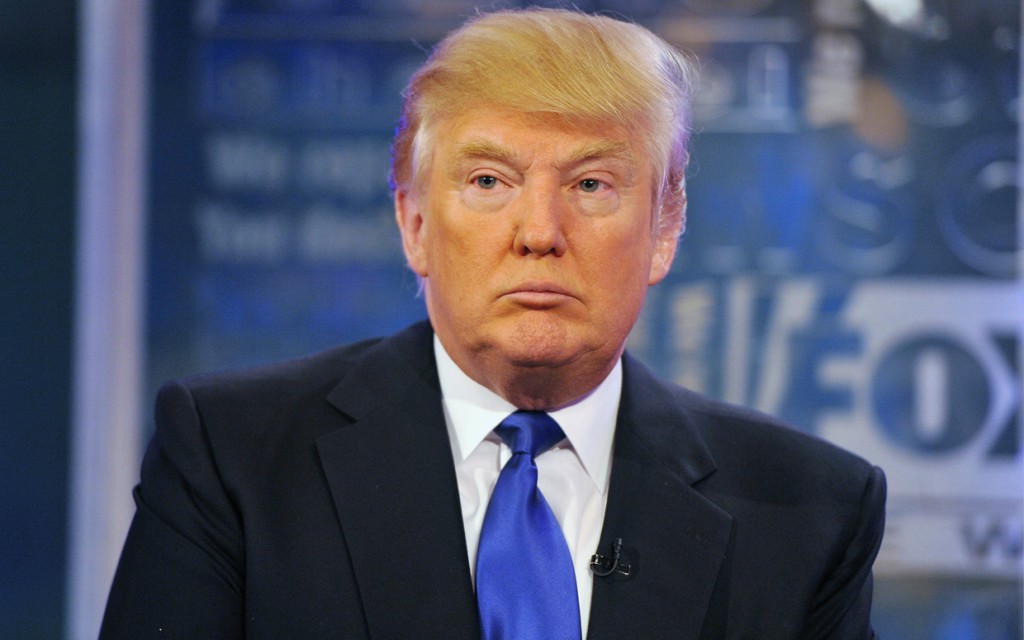By Joseph Iemma
It is no secret that the advent of social media has propelled the celebrity profile to astronomical heights. Kim Kardashian, Kanye West, Rihanna, Drake, even Donald Trump, have profiles so big that just one tweet, or one action by any of these people can rule headlines for days. Celebrity influence goes past the headlines and tabloids. No matter the age or demographic; celebrities can change, even dictate, the way people live their lives. This phenomenon is known as ‘celebrity worship’, and it’s a bigger, much more serious problem than most people think. In fact, some psychologist and social anthropologists agree that celebrity worship can be classified as a mental condition, dubbing the condition ‘Celebrity Worship Syndrome.’

Dr. Stuart Fischoff, a spokesman for the American Psychological Association and contributor to WebMD, believes worshipping celebrities may just be in our DNA. “What’s in our DNA, as a social animal, is the interest in looking at alpha males and females; the ones who are important in the pack,” said Fischoff, in an interview with WebMD.com. “We are sociologically preprogrammed to “follow the leader,” and perhaps by following the influence of these ‘leaders’ we learn how to gain an edge in our society.” This proposition is something social anthropologist Jamie Turino elaborated on during an interview with BBC News in 2013. “Celebrity worship actually holds a higher purpose and that purpose is cultural learning,” said Turino, who believes that by following celebrities, we “learn what to do and what not do in order to gain more social status ourselves.”
What makes these celebrities leaders? It’s quite simple; they’re dominant members of our global social group. If simplified from global terms, a teenage girl who follows the influence of a Kim Kardashian, in essences, translates to that same teenage girl following the influence of her mother, coach, or teacher. However, that’s where I have a fundamental problem with Celebrity Worship Syndrome, if it indeed is a syndrome.
I find it extremely unhealthy that some people view celebrities as a primary source of influence for many reasons. Why should anyone follow a celebrity’s influence if chances are that celebrity has no idea that you even exist? I find this problem to be exponentially exaggerated by social media. Take Rihanna, for instance. The talented and beautiful singer-songwriter currently has a following of over 57 million people. That’s more than double the population of Australia [23.13 million people] and crushes the population of Canada by more than 20 million people [Canadian population 35.16 million people]. Social media is rewriting the social handbook for human beings.

By following these mega-stars on social media, mostly young people follow the influence of these celebrities to ends of the earth. Often celebrities, such as Rihanna, may become the primary influence in a young person’s life. How? It’s simple. Rihanna’s music, and the messages in her songs, can be played 24/7, and the fact that people can interact with her through social media may give people the impression that they have an actual relationship with Rihanna. However, they do not. The only relationship is an inorganic one at best, filled with disillusionment, that’s largely exemplified through social media.
Long Island psychologist Abby Aronowitz, PhD, seconds my notion on how extreme celebrity worship can get and how social media enables this condition. In an interview with WedMd, Aronowitz said. “Information about the celebrity, or any little thing from their life, is like a fix the worshipper must have — they are almost compelled to learn more, read more, know more. And it’s non-ending.”

Celebrity Worship Syndrome isn’t just a problem that faces the ‘average Joe or Jane.’ In fact, corporations often deal with the same problem. Take Nike, for instance. Last year, Nike announced that it had “signed LeBron James to a ‘lifetime’ contract.” Speculation is that the deal will be worth more than $500 million, with some estimates making it a $1 billion contract according to Matt Powell in Forbes magazine. Contracts like these just shows how important dominant members of society are, and what a great influence on society they have. Celebrity Worship Syndrome is a societal problem that is amplified by social media, and if not capped I believe masses of people will devalue traditional role models such as parents, teachers and coaches, for the likes of celebrities who, I believe, are not sufficient role models in our society.




Be First to Comment